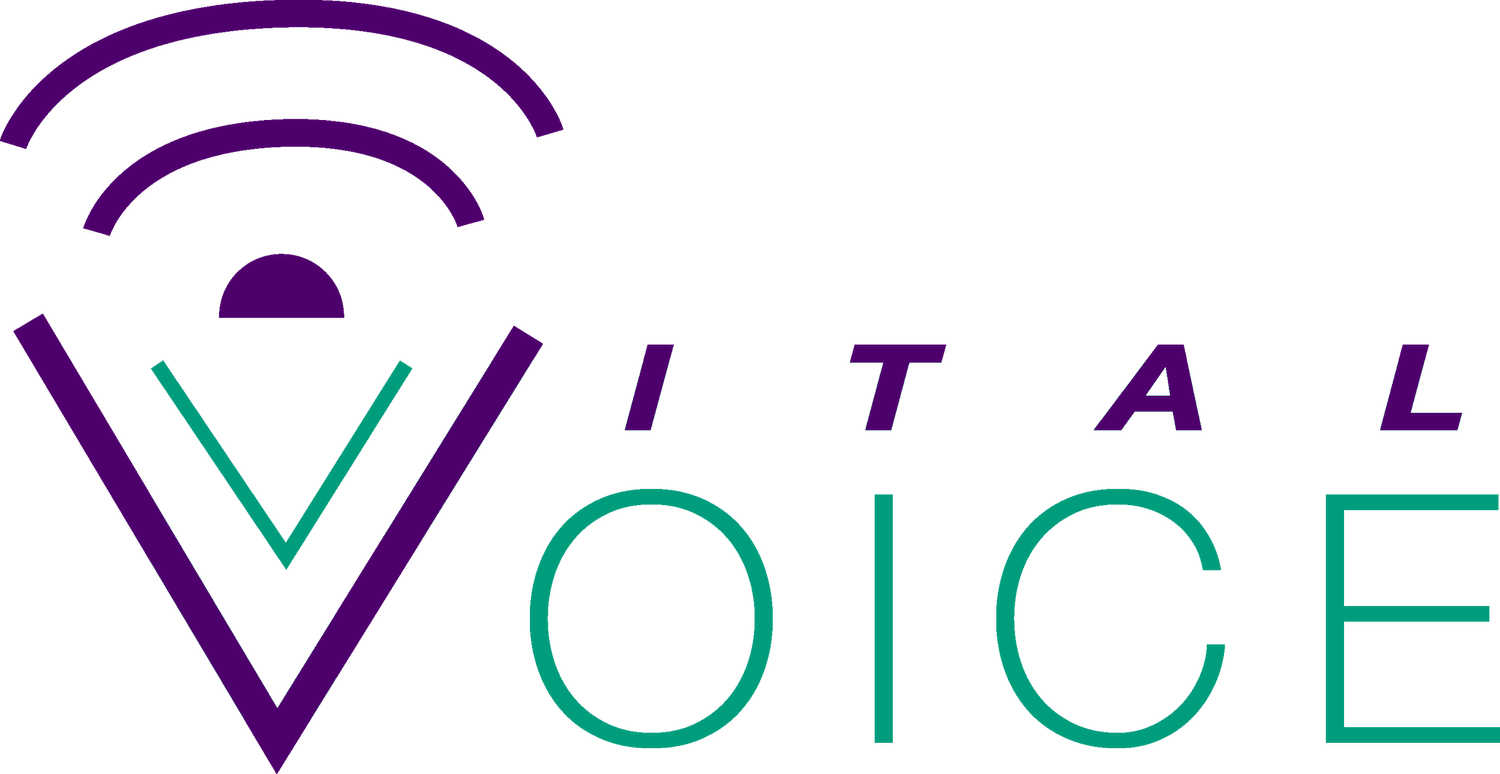On Effort
On the first sunny day after what feels like the longest winter since I lived in the Midwest, you might think I'd be outside, right?
Nope.
I am sitting inside at my computer trying to destroy/take down/plod through a lengthy to do list consisting mostly of tasks I’ve been putting off for a damn long time. “Get to work, Fogh” my inner voice says. “Head down, power through.” My body tightens, and I start squeezing work out. Discipline! Look at my Discipline! I’m not having fun, but I’m working hard, and that’s worth something, right?
Three hours later, I’m exhausted, from the effort, most of which has gone towards the actual act of…effort. Why is this? Discipline and effort are supposed to be good, right?
Yes, and no. The truth is, the amount we get done or accomplish rarely has to do with how “hard” we work.
We’re taught as children in math class to “show our work”. The adult equivalent seems to mean to show our effort. We feel safer if we can show how “hard” we’ve worked - as though it will protect us from criticism if people only knew we tried. When my students are faced with something they don’t fully understand and think they are being evaluated on, they generally substitute a generic kind of tension (which they view as “effort”) to work through the problem--instead of engaging in genuine inquiry, engaging in the unknown. When I change the framework from work to play, and they find ease, suddenly all the things they thought they couldn’t do fall into place- open breath, deep connection, great progress… AND having fun. The instant they start thinking that it’s time to work, generally by doing something they are being evaluate on, they let that ease go. I see it, a hitch, a tension, they are “ready” to work. Ironically, in just about the most unready posture that I can think of- breath held, body disconnected. (It also sends a strong signal to your brain that you are no longer safe, shooting cortisol into your system, and shutting down access to exactly the parts of you need to engage. Fight, flight or freeze--it's no joke.)
We know that a relaxed brain tends to come up with more creative solutions. We know that tension doesn’t really serve us. But the thing is that tension makes us feel like we’re in control.
In acting, you do all kinds of work to prep for a role. At the base line, you have lines and blocking memorized, have researched your character and know and understand the flow of the play and the arc of your character. Perhaps there is more--such as a dialect or different physicality you have researched and rehearsed. You do those things in private rehearsal or on the rehearsal floor. But when you hit the stage, you have to trust all that is there and you have to let it go and be open to the moment. Once the work is done, you leave it behind. To stand on stage and try to check list every single thing you have rehearsed or discovered means you’re not open to connecting to your partners, the audience, or your own spontaneity, you’re not really present.
Facing the unknown with ease instead of tension is challenging, mostly because we don’t trust ease.
Let’s reframe this idea of effort and call it what it is- protection against diving in, a tool of resistance, and start to look for ease. I’m not talking about making it look easy-- I’m talking about finding the genuine ease in any task. So what do you do?
First: start to notice your own “prep” pose. Are you breathing? I would put money that you’re not. Are you tensing? What uncomfortable feeling are you trying to avoid? Is it the unknown, a fear it won’t be perfect, a really nasty critical voice in your head? Let’s give it a name. (Note from Casey: after reading this article, I named my inner critical voice "Veronica McNasty"...it's really fun now to tell Ms. Veronica to take a flippin' chill pill and let mama handle her stuff.)
The Vexed Man at the Getty Museum in LA is trying VERY HARD.
Ask yourself what you need in this moment. For me, I’ve found putting Netflix or great music (I'm a huge fan of Heart) on in the background when sitting down to do a large list of tasks helps me trick myself into getting involved, bypassing the fight with the “get to work” voice in my brain. Sometimes it's about finding something really pleasurable in a task: for example, doing dishes (a task I detest) became easier for with really nice-smelling dish soap and focusing on the simple pleasure of warm water and bubbles. Your hook will be completely personal, and ain’t nobody’s business but your own. Ask questions. Be curious. And above all- forgive yourself for not already knowing how to do it. It’s surprising how many of us live in fear of admitting to not knowing. Pretending you already know everything is the greatest hindrance to actually learning something new that I can think of.
Ease means letting yourself be vulnerable. Ease means ceasing to fight the fear, to let it be. Ease means finding genuine pleasure or enjoyment in your task - call it play, call it flow. Ease means giving up control. Ease means stopping spinning our wheels, and… letting it go. Ease is presence. We already have enough obstacles in our way.
Excess effort? That’s one we have the power to let go.
Public speaking, failure, public speaking coaches, public speaking coaching, authenticity, Vital Voice Training, Casey Erin Clark, Julie Fogh, communication specialists

